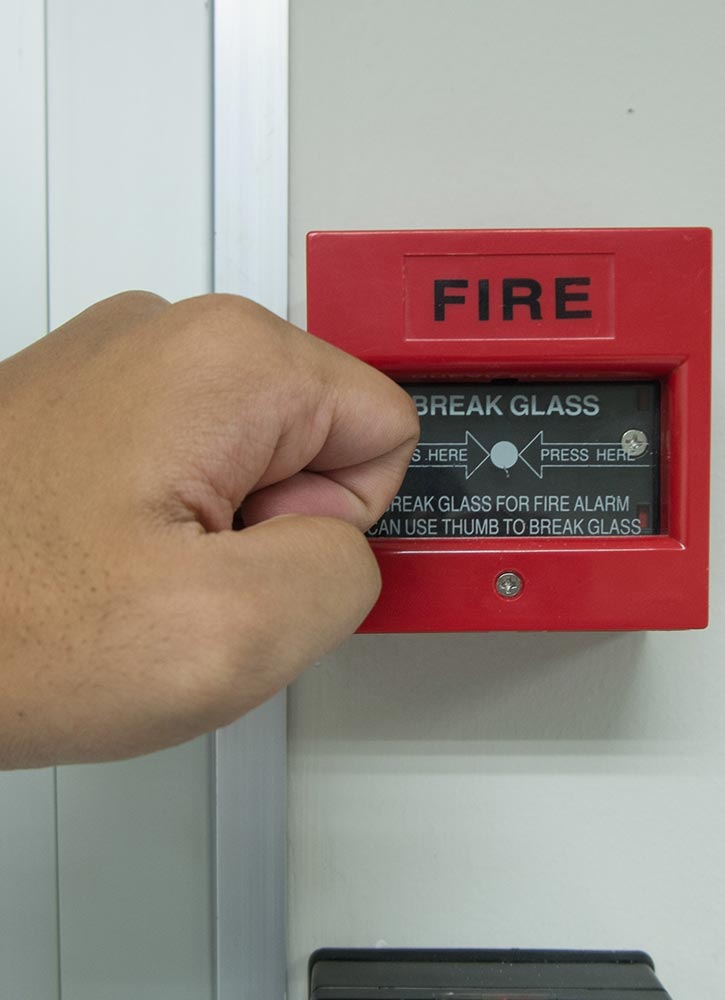
Fire alarm systems protect lives and property, but only when properly maintained. Regular maintenance ensures your system operates reliably when needed most while keeping you compliant with safety regulations. Understanding the benefits of consistent fire alarm maintenance helps property owners make informed decisions about their safety investments.
Enhanced System Performance Through Regular Maintenance
Routine maintenance significantly improves fire alarm system reliability and response times. Professional technicians identify potential issues before they compromise system performance, ensuring every detector, control panel, and notification device functions optimally during emergencies.
Regular cleaning and calibration prevent false alarms that can cost businesses thousands in lost productivity. Dust accumulation and environmental factors often trigger unnecessary alerts, but scheduled maintenance eliminates these disruptions while maintaining genuine threat detection capabilities.
Battery replacement schedules ensure backup power systems remain fully operational during power outages. Professional maintenance programs track battery life cycles and replace units before capacity drops below acceptable levels, guaranteeing continuous protection regardless of electrical supply conditions.
Compliance Benefits Protect Your Investment
Professional maintenance documentation satisfies fire marshal requirements and insurance policy conditions. Detailed service records demonstrate proactive safety management that reduces liability exposure while ensuring regulatory compliance across all applicable fire safety codes.
Regular inspections identify code violations before official fire department reviews. Professional technicians understand current safety regulations and can recommend system upgrades or modifications that maintain compliance as codes evolve over time.
Insurance premium reductions often reward properties with documented maintenance programs. Insurance companies recognize that well-maintained fire alarm systems reduce claim risks, offering policy discounts that can offset maintenance costs while providing superior protection.
Cost Savings Through Preventive Care
Early problem detection prevents expensive emergency repairs and system replacements. Regular maintenance identifies worn components and potential failures before they require costly emergency service calls or complete system overhauls.
Extended equipment lifespan results from proper care and professional attention. Fire alarm systems receiving regular maintenance typically operate effectively for 15-20 years, while neglected systems often require premature replacement due to component failures and degraded performance.
Reduced false alarm fines protect your budget from unnecessary penalties. Many municipalities charge substantial fees for false alarm responses, but proper maintenance eliminates most false triggers while ensuring genuine emergencies receive appropriate attention.
Business Continuity Advantages
Minimized downtime results from reliable fire alarm operation that prevents unnecessary evacuations and business interruptions. Well-maintained systems distinguish between actual threats and false alarms, reducing workplace disruptions while maintaining safety protocols.
Employee confidence increases when staff members trust fire safety systems to operate correctly. Regular maintenance demonstrates management commitment to workplace safety, improving employee morale and reducing concerns about emergency preparedness.
Customer trust grows when businesses demonstrate proactive safety management through visible maintenance programs. Professional service visits and up-to-date safety certifications reassure clients about their security while visiting your facilities.
Advanced Technology Optimization
Software updates ensure fire alarm systems utilize the latest detection algorithms and communication protocols. Regular maintenance includes firmware updates that improve system performance and add new features without requiring complete hardware replacement.
Integration capabilities expand when systems receive proper maintenance and updates. Modern fire alarms can coordinate with security systems, building automation, and emergency communication networks, but only when properly maintained and configured.
Remote monitoring capabilities provide continuous oversight between scheduled maintenance visits. Professional service providers can monitor system health remotely, identifying potential issues and scheduling preventive repairs before problems affect system reliability.









